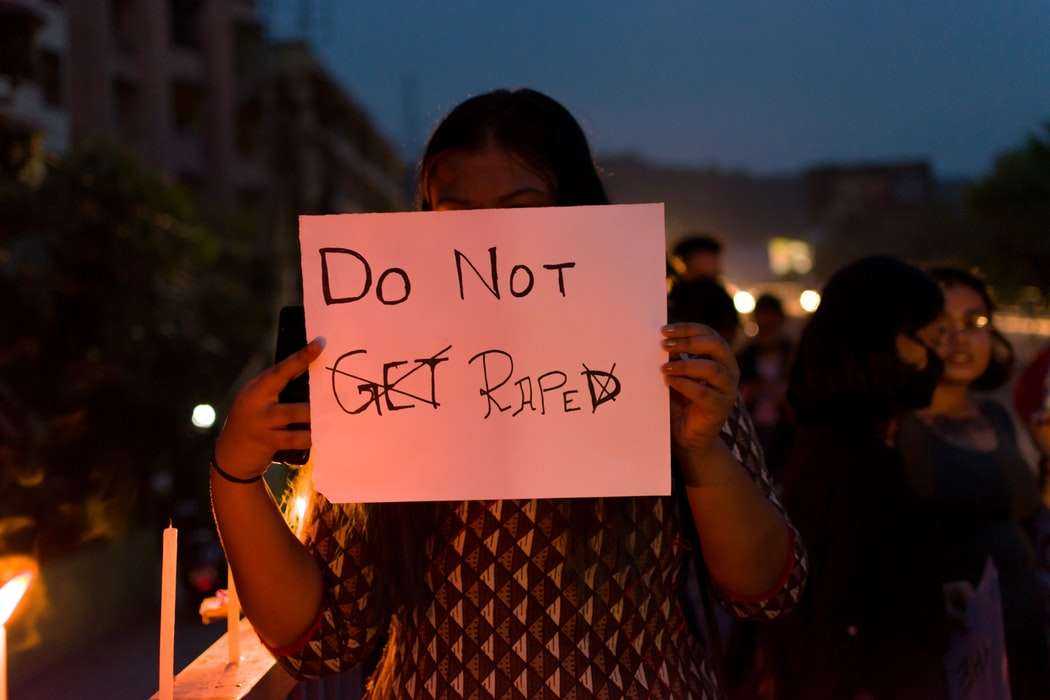BY LA SHAWNA GRIFFITH
Barbados desperately needs to implement a sexual offenders registry. This week two adult men were before the law courts for allegedly raping minors aged eleven and fourteen.
The first case has caused national outrage with many persons taking to social media to condemn the action.
The shocking details of the case were detailed in the NATION NEWSPAPER in which an eleven-year-old girl was raped and impregnated by her uncle.
“The 27-year-old St. Michael man was not required to plead to the charge that knowing the girl was by blood his niece, he had unlawful sexual intercourse with her between September 1st and 30th 2020,” the article stated.
Further adding that, “The girl eleven-years-old at the time, was impregnated as a result of the alleged rape and is set to give birth next week.”
Child Advocate Shelly Ross stated in an article published by Barbados TODAY that the officials in Barbados were failing the nation’s children by not placing adequate attention to the grievous sexual offences being carried out by children.
“Barbados is not paying attention to it. The authorities are not paying attention to it. The Child Care Board is failing the children of Barbados. It is my opinion they do not care. Everybody is getting a salary at the end of the month, and they are not doing the job they are supposed to be doing.
We have parents not paying attention to it because they too are covering it up because they do not want the secret out. It is happening too often in Barbados. Lot of us who are aware know that it is rampant, and we know that it is rampant because the offenders are not really paying for what they are doing to the victims. They are getting away with what they are doing.
We have people, from medical doctors down, that are raping or sexually assaulting young people and they are not being held accountable for it. If we are not holding these people accountable it is going to continue.”
How can we curve this worrisome trend of grown adults raping children, and in the case of the eleven-year-old young lady being impregnated by her uncle? Unlike what was said by Ross, the Child Care Board in this particular circumstance reported the matter to the Royal Barbados Police Force.
The question that has been on my mind as I write this is where is the young ladies’ parents? How did they not realize she was pregnant? Why is it that after the complaint was made to the police force in February, that he was still able to live in the house? Why is an eleven-year-old now becoming a mother in seven days?
My heart bleeds for this young lady who will now have to experience motherhood at an early age. Even if she conquers the hurdle of being a teen mom, she will still have to face the harsh reality that her child is a child from an unwanted sexual encounter.
On the flip side is the second case of a sixty-eight-year-old St Michael man who is alleged to have raped a fourteen-year-old girl with special needs. In the May 3rd report by Barbados TODAY it stated that the accused is the adoptive father of the girl’s sister.
Why did he breach the trust of the family by conducting such a grievous sexual act?
Barbados desperately needs to follow countries like the United States of America, which has implemented Megan’s Law as well as a Sexual Offenses Registry so that persons can be alerted of a potential predator in their areas. In the USA, sexual offenders are categorized in three tiers-1-3, which is dependent on the state they live in as well as the nature of the sexual offence they have committed.
Having a sexual offenses registry is beneficial as it curbs the rate of recidivism, allows residents to know if an offender lives in the area, they reside and have data they can use to inform them about a sexual offense.
This is not the first time that a case of this magnitude has come to light. Fourteen years ago, Stephen Ian Rock committed an alleged rape of a young male, filmed the act and collected pornographic images of the child among hundreds of explicit pictures of young males.
In April 2021, he was charged on the indictable offense and shall spend seven-years and 141 days in Her Majesty’s Prison, Dodds, St. Phillip’s.
With these crimes happening in our society, and the society desperately trying to keep it under wraps, the time has come for a sexual registry to be launched. Because we cannot allow these grown individuals, who some of the parents trusted, to breach that trust and cause these young men and women physical and physiological trauma.
The time is now for Barbados to do the right thing and implement a sexual registry!

